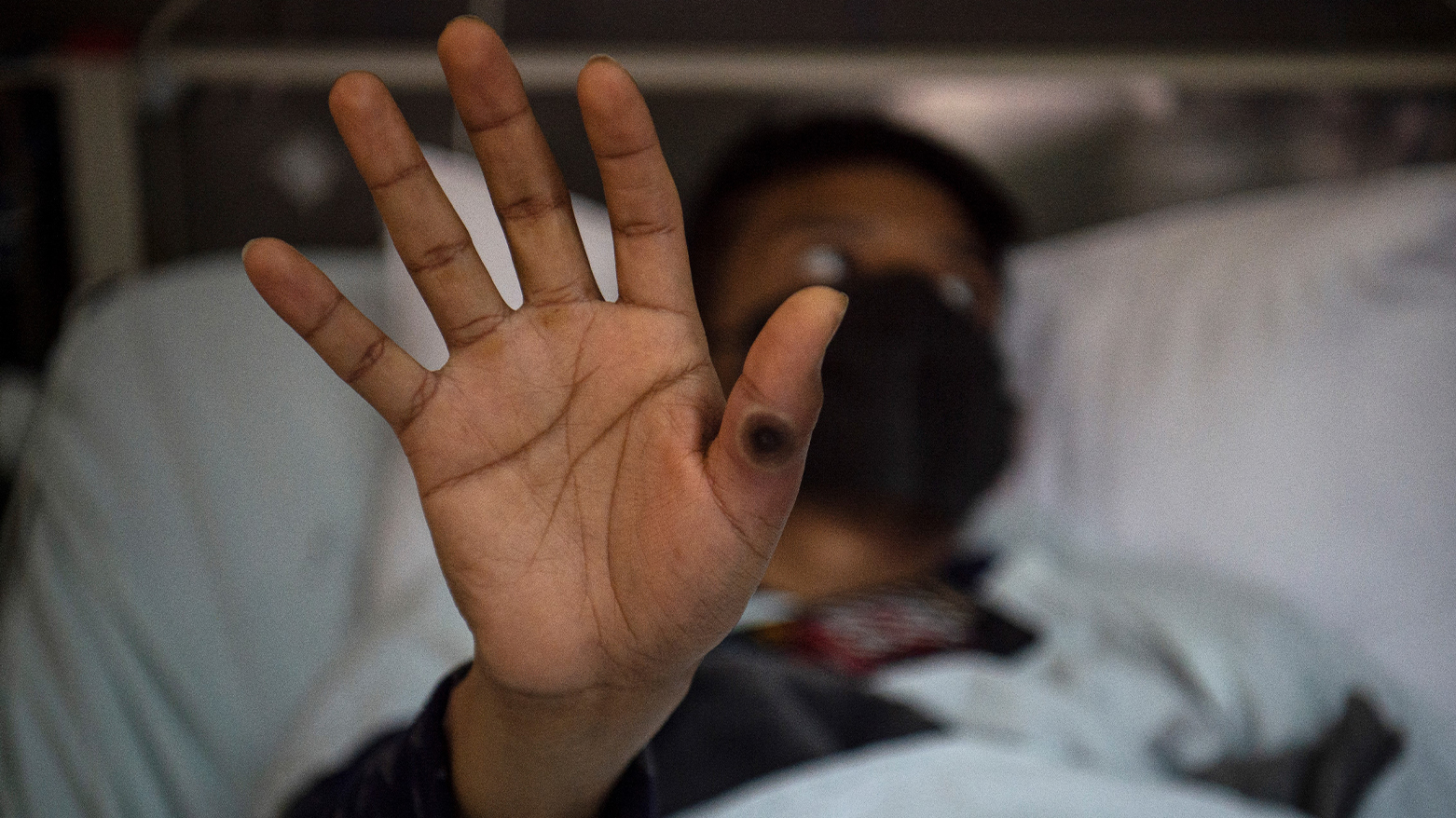Iraq reports no Mpox cases, establishes special teams at borders, airports
Director of the Public Health Department, Riyadh Abdul Amir, stated that while no monkeypox cases have been registered thus far, health offices across the provinces are on high alert to address any potential threats of the disease.

ERBIL (Kurdistan24) - Iraqi health officials have confirmed that no cases of monkeypox (Mpox) have been reported in the country, with special teams being set up at border crossings and airports to monitor for any suspicious cases.
Director of the Public Health Department, Riyadh Abdul Amir, stated that while no monkeypox cases have been registered thus far, health offices across the provinces are on high alert to address any potential threats of the disease.
According to Riyadh Abdul Amir, dedicated teams have been deployed at border crossings and airports to screen travelers and identify any suspected cases of monkeypox.
He added that Iraq is in close communication with the World Health Organization (WHO) and other relevant bodies to ensure proper diagnosis and response measures.
Monkeypox, a contagious viral disease first identified in humans in the 1970s, originated in Central and West Africa.
Mpox, also known as monkeypox, was first identified by scientists in 1958 when there were outbreaks of a “pox-like” disease in monkeys. Until recently, most human cases were seen in people in central and West Africa who had close contact with infected animals.
Read More: A new global health emergency: What is mpox, where are the outbreaks and what is the WHO doing?
In 2022, the virus was confirmed to spread via sex for the first time and triggered outbreaks in more than 70 countries across the world that had not previously reported mpox.
Mpox belongs to the same family of viruses as smallpox but causes milder symptoms like fever, chills and body aches. People with more serious cases can develop lesions on the face, hands, chest and genitals.
WHO Director-General Tedros Adhanom Ghebreyesus announced on Thursday that the Democratic Republic of Congo and other African nations have declared states of emergency to prevent the further spread of the disease.